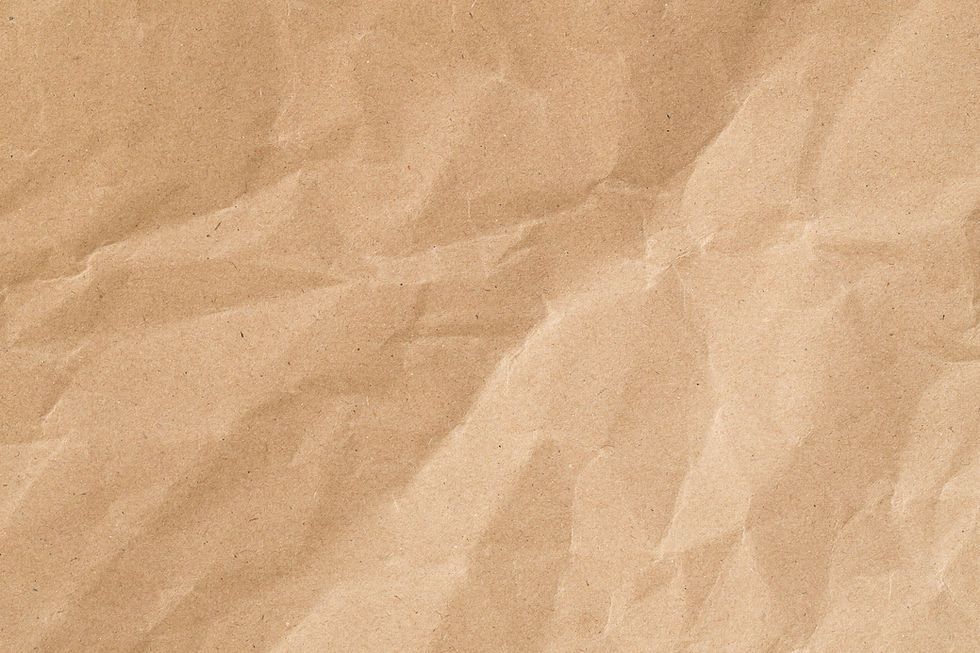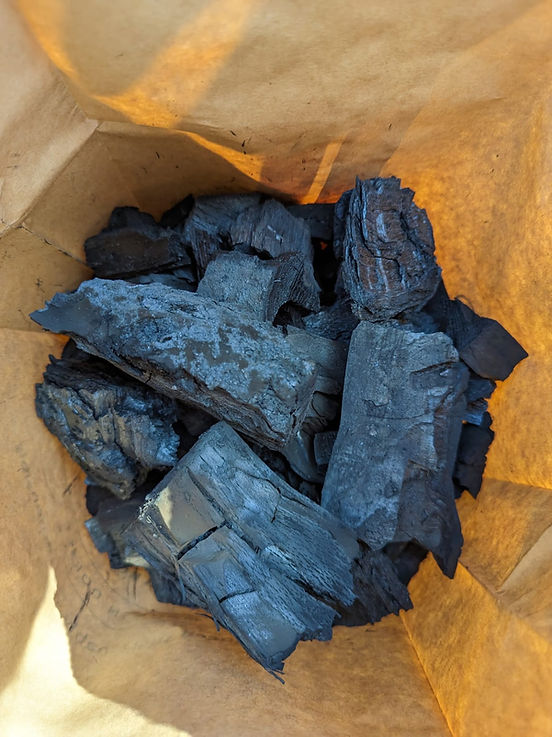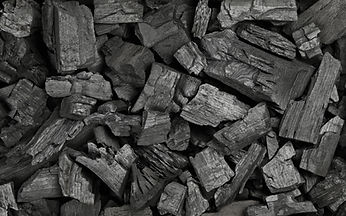

It is estimated that the UK currently uses more than 110,000 tonnes of BBQ charcoal every year and astonishingly, approximately 95% of this is imported from countries such as Namibia, Nigeria and Paraguay.
To make charcoal, you need timber and the way that it is sourced in these areas is often unsustainable and unethical. Vast areas of tropical ecosystems such as rainforests, mangrove swamps and other endangered habitats are cut down to keep up with demand for the export market of charcoal.
It has been calculated that more than 3.28 billion tonnes of timber is needed to keep up with the annual demand in the EU. This roughly equates to 11 million hectares of forest every year (or almost half a football pitch per second). Putting that into context, England’s area is 13 million hectares... deforestation at an alarming rate.
The charcoal is often produced using inefficient and outdated methods, which can be very wasteful. Additionally, this bulky product may be doused in chemicals to make it less volatile whilst being transported around the world on huge ships. Upon arrival, it’ll likely be doused in toxic petrochemicals to make it easier to light, before being bagged up and sold cheaply in supermarkets and on the typical garage forecourt. Aside from the negative environmental impact this has, it is obviously not very good for one's health!
But here is the good news!
UK-made lumpwood charcoal is a very different product to that of the imported variety. It is superior in quality and carbon content and requires no additives or accelerants to use. It is comparatively much lighter, so you get more volume per kilogram. This is partly to do with the structure of our native hardwood trees but also the methods of production that are used.
Charcoal produced in modern retorts is a far cleaner process compared to more traditional methods, with approximately 75% less pollutants being released back into the atmosphere.
Importantly, charcoal production in this country serves as a viable driver for sustainably managing our native woodlands and hedgerows, often as a by-product of essential work such as coppicing and hedge-laying, which naturally improves biodiversity.
NB: facts/info sourced from the National Coppice Federation website/ UK charcoal page in conjunction with the info on the back of my charcoal bags.





